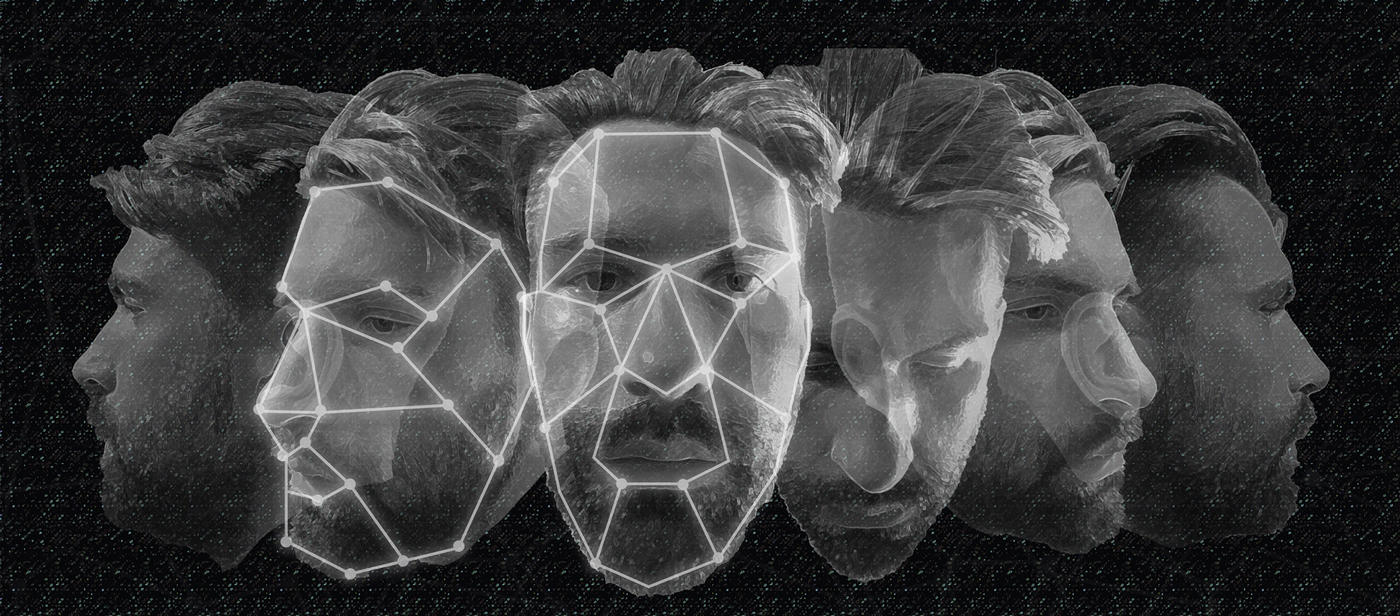CBSE’s controversial facial recognition tool—which the organisation had earlier said didn’t need a privacy policy—uses a “face matching algorithm”, the organisation revealed in an RTI filed by Delhi-based digital rights group Internet Freedom Foundation. This is a difference from the CBSE’s earlier admission that its facial recognition tool was a “simple face matching process”. It also revealed that the facial matching program was developed using open source technologies in Python and OpenCV. The central education board had rolled out a facial recognition system in October for students to download their academic documents for the 10th and 12th grade. More than 2,300 students had gone through the facial recognition tool, as of November 24, to download their documents. In an earlier RTI filed by another Delhi-based digital rights group SFLC.In, the institution had said its facial recognition system does not have a privacy policy because it is a “simple face matching process”. In the RTI response to IFF, CBSE also claimed that the accuracy of its facial recognition tool is 99% in “test conditions”. This is a very high accuracy rate, and is likely only possible in the most ideal scenarios, where every component including the camera, and lighting is controlled. In real life scenario, a lot of students would be using the system using low quality webcams on laptops, which is bound to reduce the system’s accuracy. CBSE hadn't sought additional consent from parents Earlier, CBSE had revealed that it has not sought any additional consent from students or their guardians…





























